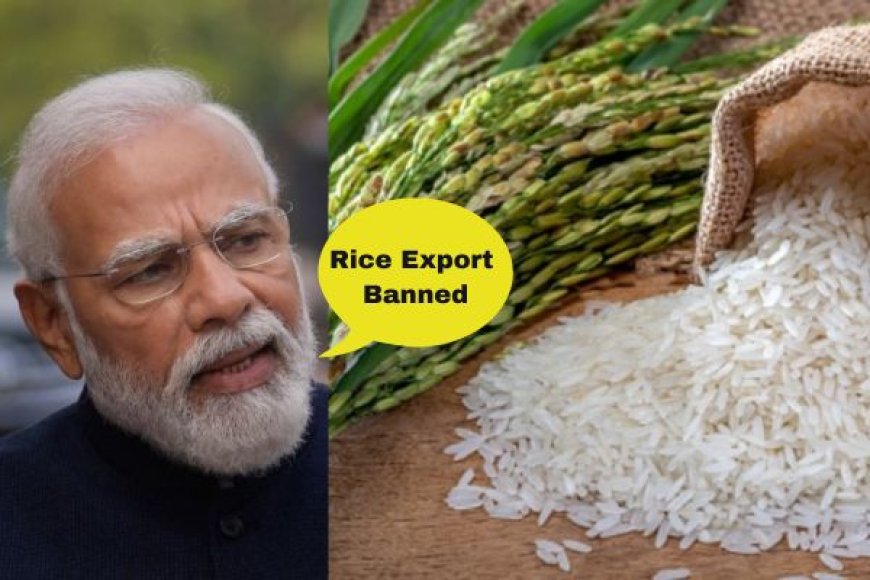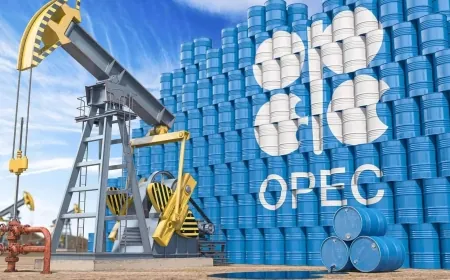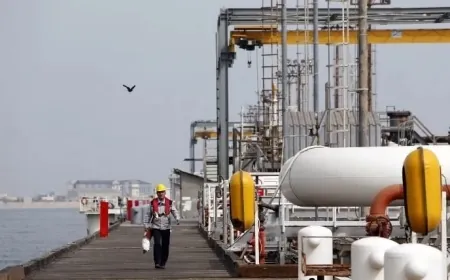India's New Rice Export Rules: What You Need to Know
India tightens rice exports, impacting global food supply. Learn about the reasons, effects on rice prices & food security.

India, a big player in the rice world, has made some changes that could affect your food. They've put new limits on how much rice they'll send to other countries. This might lead to less rice available globally.
The Indian government just said that if anyone wants to send a kind of rice called "parboiled rice" out of the country, they'll have to pay a tax of 20%. Parboiled rice is a bit different – it's partly boiled before it's made into what you eat. And here's the thing: this type of rice makes up about 80% of all the rice India usually sends abroad.
Now, this is important because India is a big deal in the rice world. They're like 40% of all the rice that's traded between countries. So when they decide to send less rice, it can cause a ripple effect everywhere else.
You might be wondering why they're doing this. Well, India wants to be sure they have enough rice for their own people to eat. But this decision could also mean that other countries, like the Philippines and some in Africa, might not have enough rice. And when there's not enough of something, its price tends to go up.
This new rule has come at a time when rice prices in Asia are already super high, the highest they've been in 15 years. This might get worse, and it could mean more expensive rice for those who buy it.
Experts say that while this is good for India's own food prices, it might lead to higher prices for rice in other places. It's like a balancing act – making sure there's enough for everyone but also keeping prices from going crazy.
One thing to remember is that rice is a big deal for many people around the world. Almost half of all the people on Earth eat rice regularly. So, when countries like India make changes, it affects a lot of us.
This new rule affects a type of rice called "parboiled rice," and it started on August 25. But if someone had already planned to send this rice before that date, they won't have to follow the new rule.
So, what does this all mean for you? Well, it's a reminder that even simple things like rice can be a big deal on a global scale. Changes in one place can affect what you find on your plate, no matter where you are.
Also Read: Black Sea Grain Deal Collapse: Impact on Global Food Prices & Security

































































